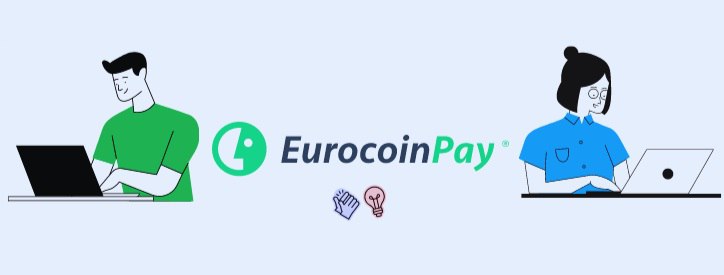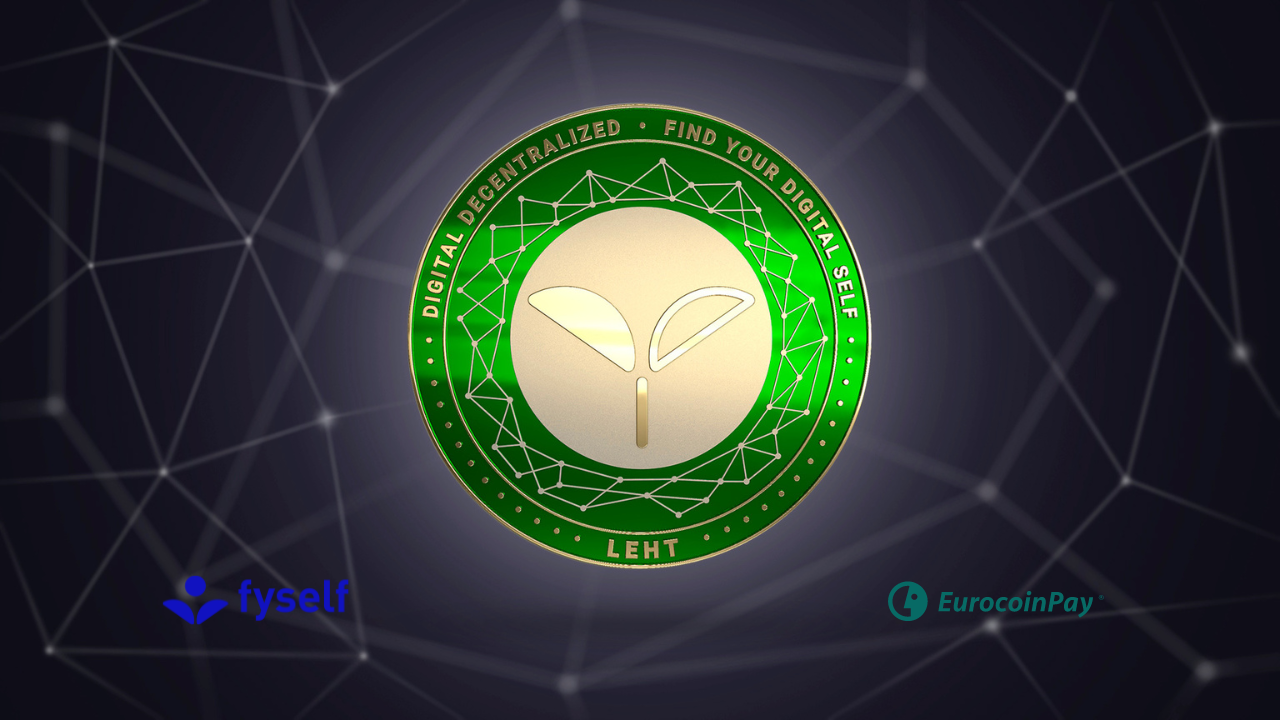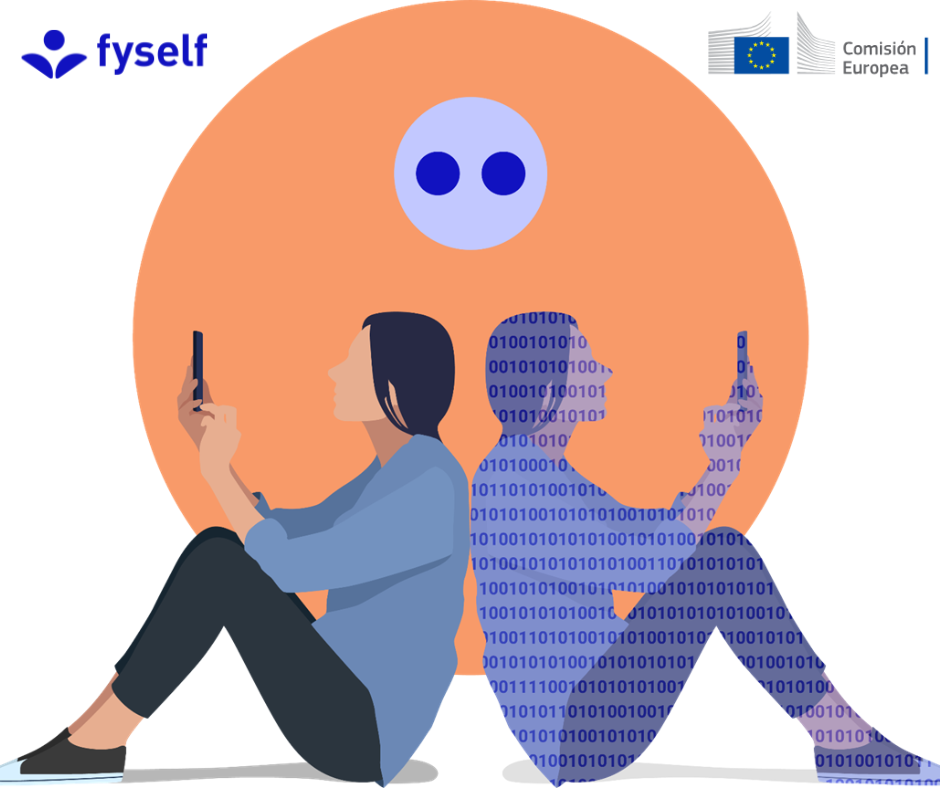Can you imagine doing paperwork without papers?
This century has made many terms fashionable. One of them is “paperless”. That is, without paper. The movement to reduce the use of this resource in offices has lasted over time, thanks to its environmental and technological intention. But, decades later, society is still dependent on paper for lots of paperwork.
Already in 1975, the computer company IBM introduced the concept of “paperless office”. Thought as a marketing strategy focused on selling its telematic equipment. Since then, its experts anticipated that the development of computer science and communications would change the dynamics in companies. Well, as it already has. Then, why are we still using paper?
Paper use on paperwork is still huge
According to Xerox, 50 billion sheets of paper are printed every year. Such an exorbitant figure, of course, suits you if you are a printer selling company. But actually, there is no evidence that reality differs significantly.
In many consulates around the world, to apply for a work or study visa (even a tourist visa), people still must present many photocopies and originals documents. Order forms are still often filled out online. Paper and ink retain too many acres of power in the digital realm.
Some good examples
- In Estonia, except buying a house, getting married or divorcing, everything can be processed with your cellphone.
- Many hospitals have implemented fully digital management systems. In this way, they manage to save time, impose order on the files, give doctors a certain ubiquity and control the use of medications.
- The United States and other countries have digitized part of their immigration paperwork. For those visiting that country for the first time, it is no longer necessary to enter Customs with a physical version of the Inmigrant Visa Packet. The traveler can fill this and other travel documents online, so the officer already has access to them when the traveler is going to enter through the border.
- Many banks have also endeavored to reduce the use of paper. Some include offers and benefits to customers who decide to stop receiving their statements by mail, and commit to an entirely digital management. However, many customers are still hesitant to implement that method.
One day we will do paperwork, without papers
Despite good examples, those initiatives remain too local. Its true that the digital system of a hospital can be valid in it or in clinics of the same type, but it will never be extensive to all hospitals, clinics and emergency centers around the world.
Nor does it happen with consulates. Some countries like the United States are more advanced in terms of electronic visas and online procedures; however, this does not apply to all types of visas. And not to mention other countries, which still have all their migratory procedures based on printed documents and photocopies.
Since early 2000s, US banks have offered the possibility to invoice and receive account statements electronically. However, in 2016, only a quarter of people with credit cards who have access to a computer requested to receive them digitally. Even if they received them in their email, surveys indicate that they don’t even check them.
To achieve this, the digital system that houses all data and human identity must be universal and comprehensive. It must include all kinds of topics: a bank needs to know your full name, credit and tax history; a university your academic record, extracurricular activities and bachelor’s degree; a high performance coach your personal marks, height, weight or medical history.
That universal and comprehensive system, with statistically verified information, would be FySelf. The first social identity network will allow you to accredit yourself in all the contexts you need, while making you share the value of your personal data in a world where they have proven to be worth more than oil.
Like the idea of doing paperless paperwork? Let us know how you imagine the forms of the future #FindYourDigitalSelf
Artículos relacionados


